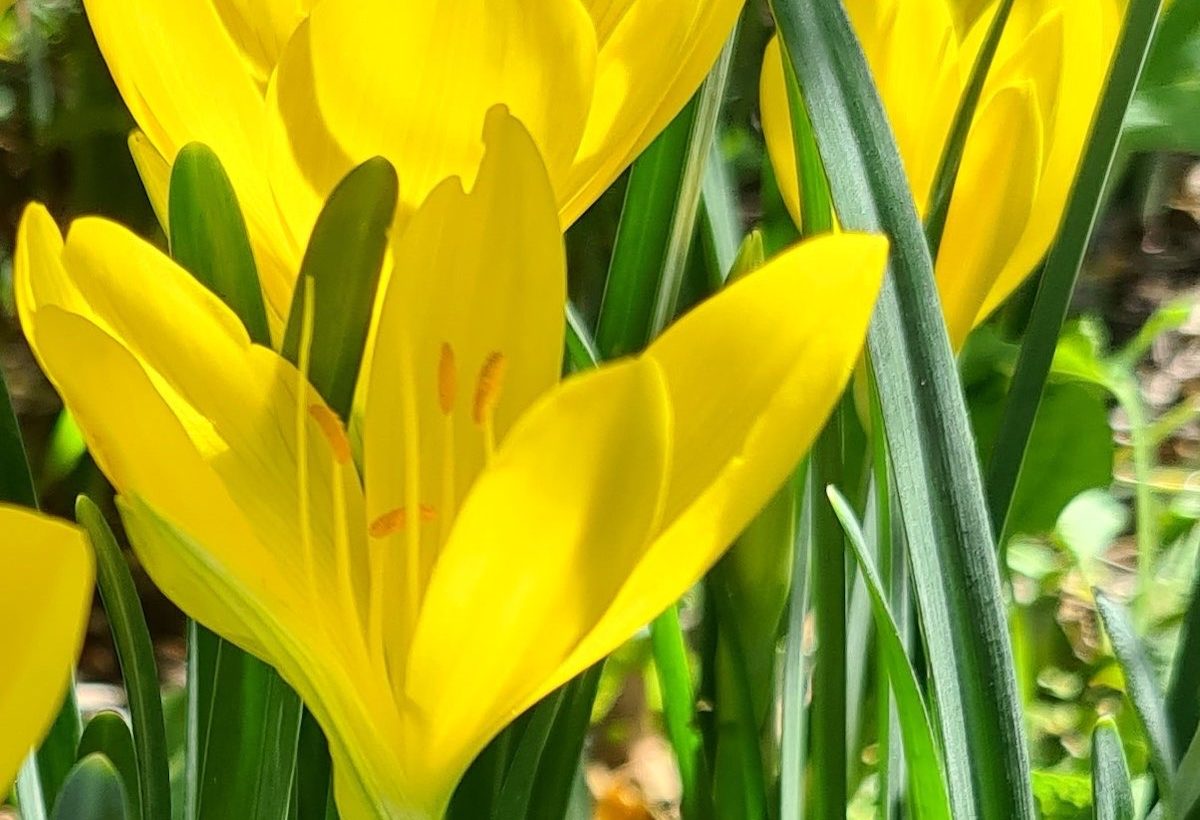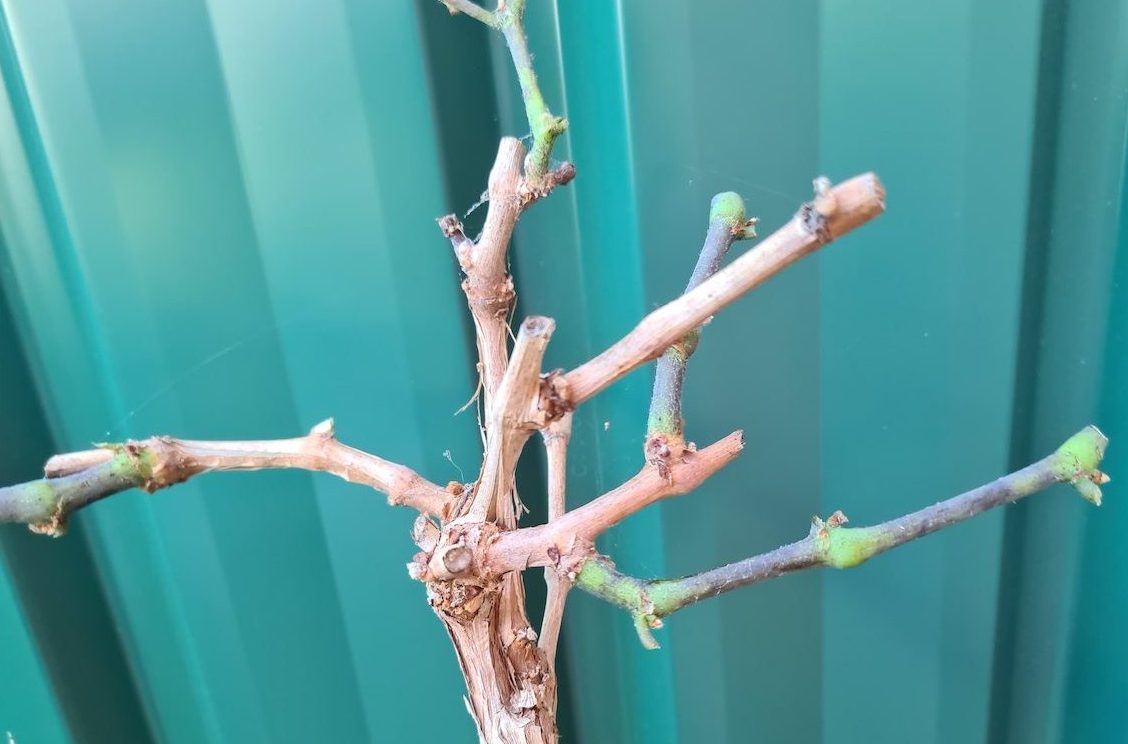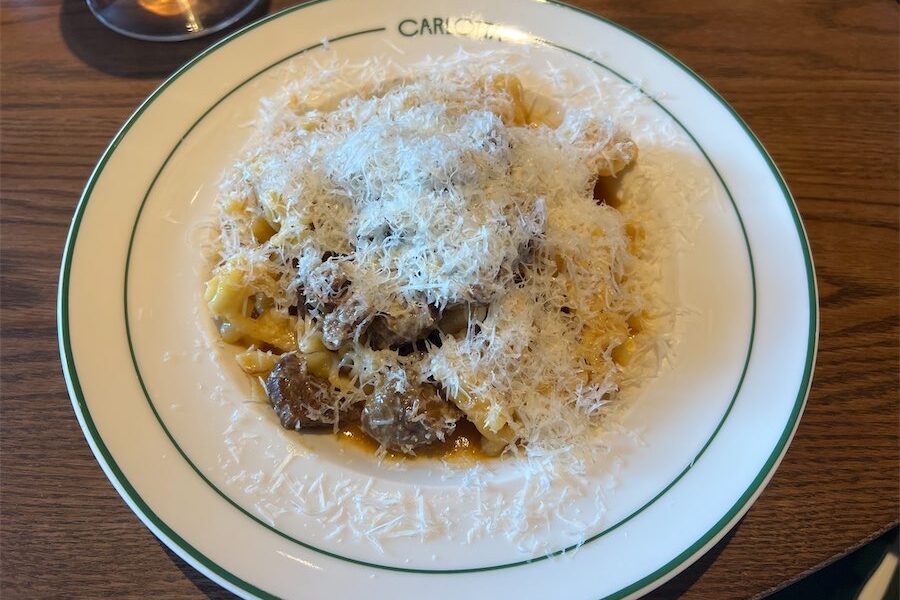With autumn now in full swing, there will be leaves to collect and they are gold to any hard-core gardener, says gardening writer JACKIE WARBURTON.

AUTUMN leaves are a great source of carbon, which is essential to the composting process.
Large leaves can be mowed over to break them down so they can compost quicker or a mulching machine will also work well. The smaller the leaves the faster they decompose.
The two most important materials for creating compost are green fleshy material and brown dry material. Generally, a 50/50 mix of green and brown material will get compost started and keep it moist.
If the compost bin or pile doesn’t smell that great, the balance is wrong. Add dry material if it’s wet and soggy or wet material if it is dry.
A compost should be in touch with the soil to help worms find the compost and assist in breaking down the material even faster. Turn the compost pile over with a fork to allow the air to get into it and when all the material is unrecognisable and dark in colour it is ready for putting into the garden.
Composting garden leaves is not only for sustainable reasons but ecological reasons as well. It stops leaf litter getting into the drains and minimises the risk of blue-green algal blooms in lakes and waterways.

AUTUMN crocus (Sternbergia lutea) is a sweet little bulb I grow at the base of some trees to add a splash of colour in autumn. Once established, it is easy to care for and ideal for a small garden or also can be grown in a pot. Its flowers are full of nectar and the pollen is food for the bees and other pollinators
AUTUMN is the perfect time to plant a hedge in Canberra and, in fact, any evergreens should be planted now for best establishment before winter’s cold weather sets in.
With the good rains we have had, the soil will be a little easier to dig. Add a good amount of organic matter and any manures and mix with existing soil to get good results.
When planting a hedge, plant the shrubs in a trench and not individual holes. This will give the whole hedge a better root system to grow evenly and prevent plants dying out when mature.
For a small hedge, about 50cm tall, plant 20-30cm apart and for a larger hedge, a metre or more, plant 70cm apart or generally three plants a metre will give you a good, thick hedge. Trimming hedges as they grow is really important to get a thick hedge from top to bottom. Trim little but often and slowly grow to the desired height.

EDIBLE grape vines can be pruned now as the fruit should have been picked. They are pruned differently to an ornamental vine. Cane pruning is required for the first three years or so and from then spur pruning is needed for fruit production.
Each year the shoots or canes that grow horizontally are pruned back to form spurs or little stubs with two or three buds. This is where next year’s cluster of fruit will come from.
Prune when the weather is cold and the vine has gone into dormancy and the sap has stopped flowing. If your vine is bleeding when the canes are cut, leave for a few more weeks.
I have crimson seedless table grapes growing under the eaves of the verandah and it is difficult for the birds to get them there and easier to net.
This year I have had my worst crop. It succumbed to powdery mildew and other fungal issues. I have seen this a lot over the last month, and it is due to all the rain that we have been having. Removal of all leaves from the ground will help lessen the spread of the fungal spores for the next season and I will be spraying my vines every month throughout winter with copper oxychloride to keep on top of this issue and, hopefully, get rid of it by next season.
Who can be trusted?
In a world of spin and confusion, there’s never been a more important time to support independent journalism in Canberra.
If you trust our work online and want to enforce the power of independent voices, I invite you to make a small contribution.
Every dollar of support is invested back into our journalism to help keep citynews.com.au strong and free.
Thank you,
Ian Meikle, editor




![Nestled in the heart of Narrabundah, a Christmas shop has turned its lights on for business, however there’s more than meets the eye behind the tinsel and baubles.
@reindeersretreat is a social enterprise that provides employment to domestic violence survivors as well as for people with intellectual and physical disabilities.
“We’re not a charity by any means,” says owner Adele Bullock.
“They earn every dollar, there’s no free passes here.
“We want this to be a safe space where [the employees] can engage safely, grow and learn safely.”
All funds raised go directly into the education, support, opportunities and experiences for vulnerable people.
To read on about this Christmas miracle, visit our website at citynews.com.au or tap the link in our bio! 🎅🎄💕
#dvsurvivor #christmasmiracle #safespace #inclusion #christmasshop #christmasshopping #christmasjoy #localnews #localheros #canberranews #storiesthatmatter #citynews](https://citynews.com.au/wp-content/plugins/instagram-feed/img/placeholder.png)
Leave a Reply